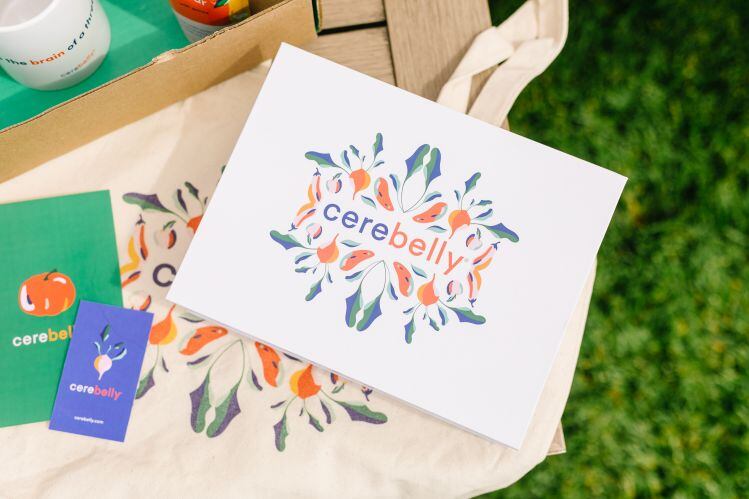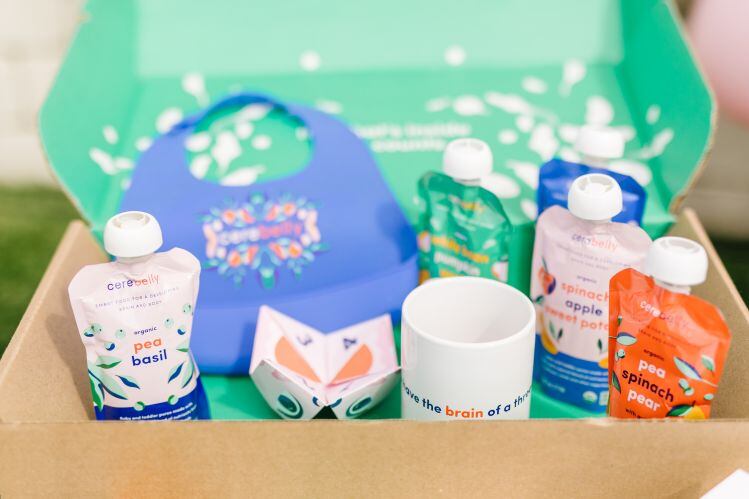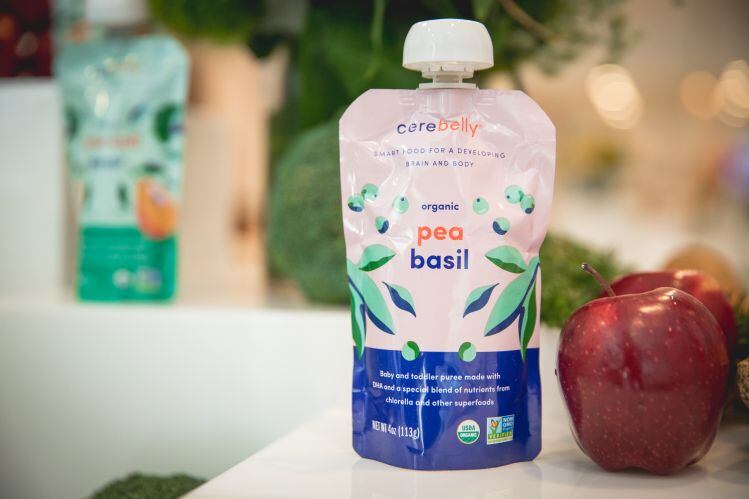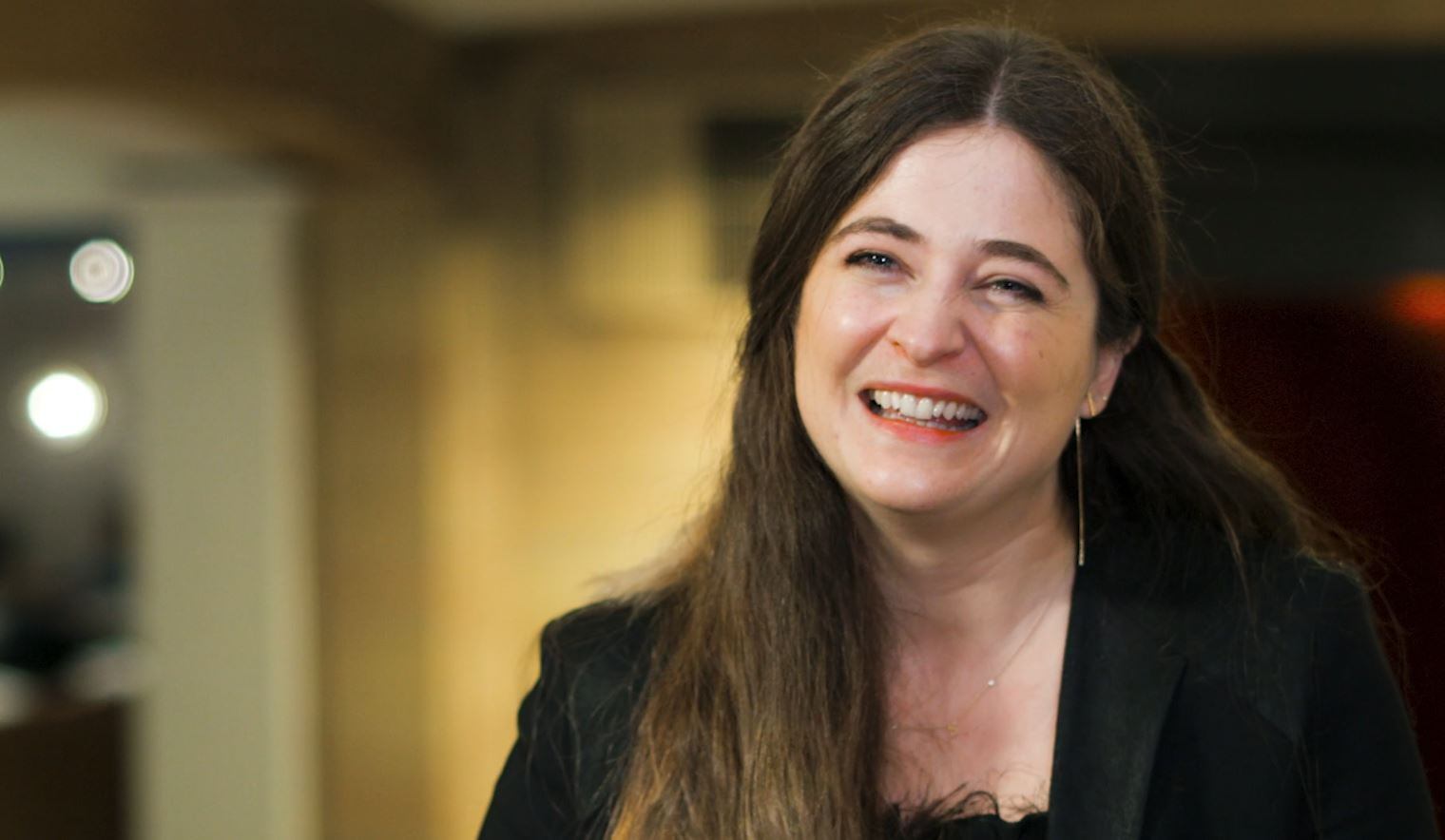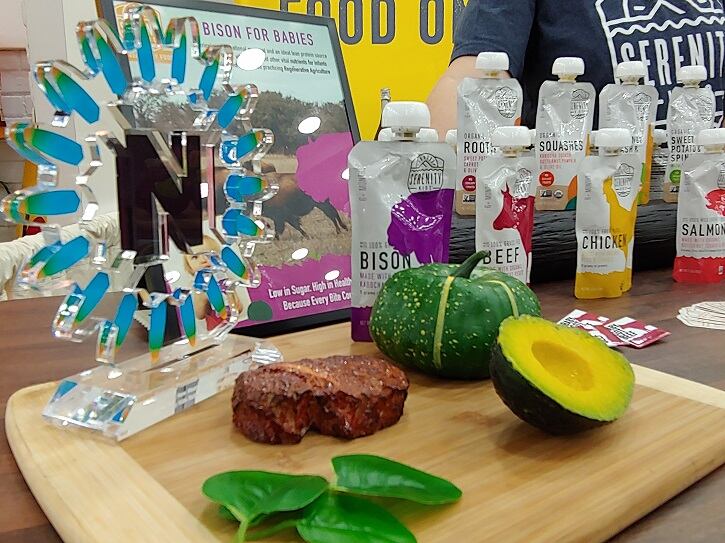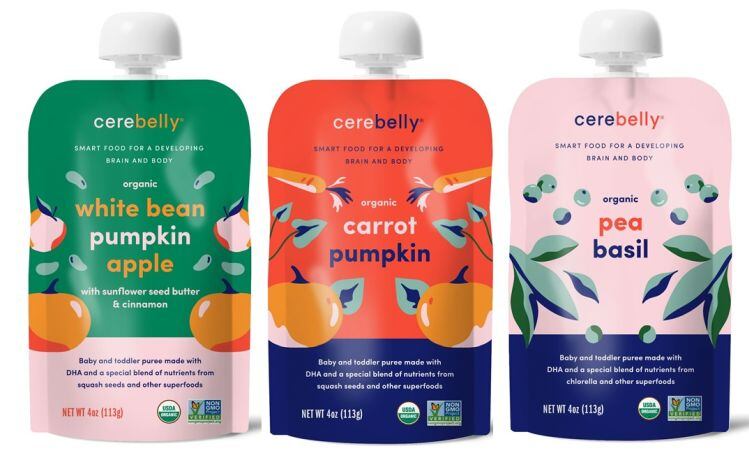The organic certified, plant-based brand, which launched a direct to consumer business in September and rolled out nationwide at Whole Foods in October, is backed by $6.2m in funding from investors including Knudsen Capital, Imaginary, and Tom Chapman, co-founder of Matches Fashion.
It also has a ‘veggie first’ approach to formulation in order to keep sugar levels down, said CEO Jennifer Zeszut, one of three winners of our 2019 trailblazers challenge.
Speaking to FoodNavigator-USA at our 2019 FOOD FOR KIDS summit last month, she said: “With Cerebelly we’ve created something which is really personalized nutrition that allows us to deliver specific nutrients during key windows of brain development…
"So we have a patent that forms the blueprint for our nutrition, but we also made a decision for veggies to be the first ingredient in all of our products … and very often the second and third too.
“We also make sure we don’t have heavy metals in our food…it’s so important as an industry that we do the best we can to get those levels [of lead, arsenic, mercury etc] down to zero.”
Dial up the protein, dial down the sugar
Cerebelly delivers key nutrients from the long-chain omega-3 fatty acid DHA, to zinc and iron via whole food ingredients such as chlorella, spinach, kelp, Maitake mushroom, sunflower seeds, squash seeds, and spinach, but has also dialed up the protein - sourced from plant-sources such as peas, beans, quinoa - to around 4g/pouch in six out of 10 of its pouches, and dialed down the sugar, in its formulations.
“There’s a patent pending that’s owned by Stanford University [as Dr Purzner developed the science underpinning Cerebelly while she was a graduate student at Stanford] and licensed to Cerebelly, that looks at the growth periods for each region of the brain from 3-18 months and then maps those against babies’ nutritional needs at each stage – iron, lutein, DHA, selenium, choline, zinc, thiamin, niacin – and so on.”
Each pouch - which is steamed - focuses on a fairly narrow age range, such as 5-7 months, 8-9 months, 10-11 months, added Zeszut, noting that Cerebelly also encourages moms to share their babies' milestones in order to provide a more customized service.
Barb Stuckey: 'I'm intrigued'
Speaking to Zeszut after she had presented on stage at the FOOD FOR KIDS summit, Barb Stuckey, president at innovation consultancy Mattson (one of three expert panelists on stage to quiz the trailblazers) said: "Everyone talks about personalization and customization, and to me this is tapping into that [trend] and delivering a really good solution on a mass personalization level.
"I'm also really really intrigued with what you're doing to take inputs from moms and track babies over the course of their development, it's just a sticky thing to do with a new mom.
"I think it's brilliant, it's new, and I hope you keep it going into early childhood."
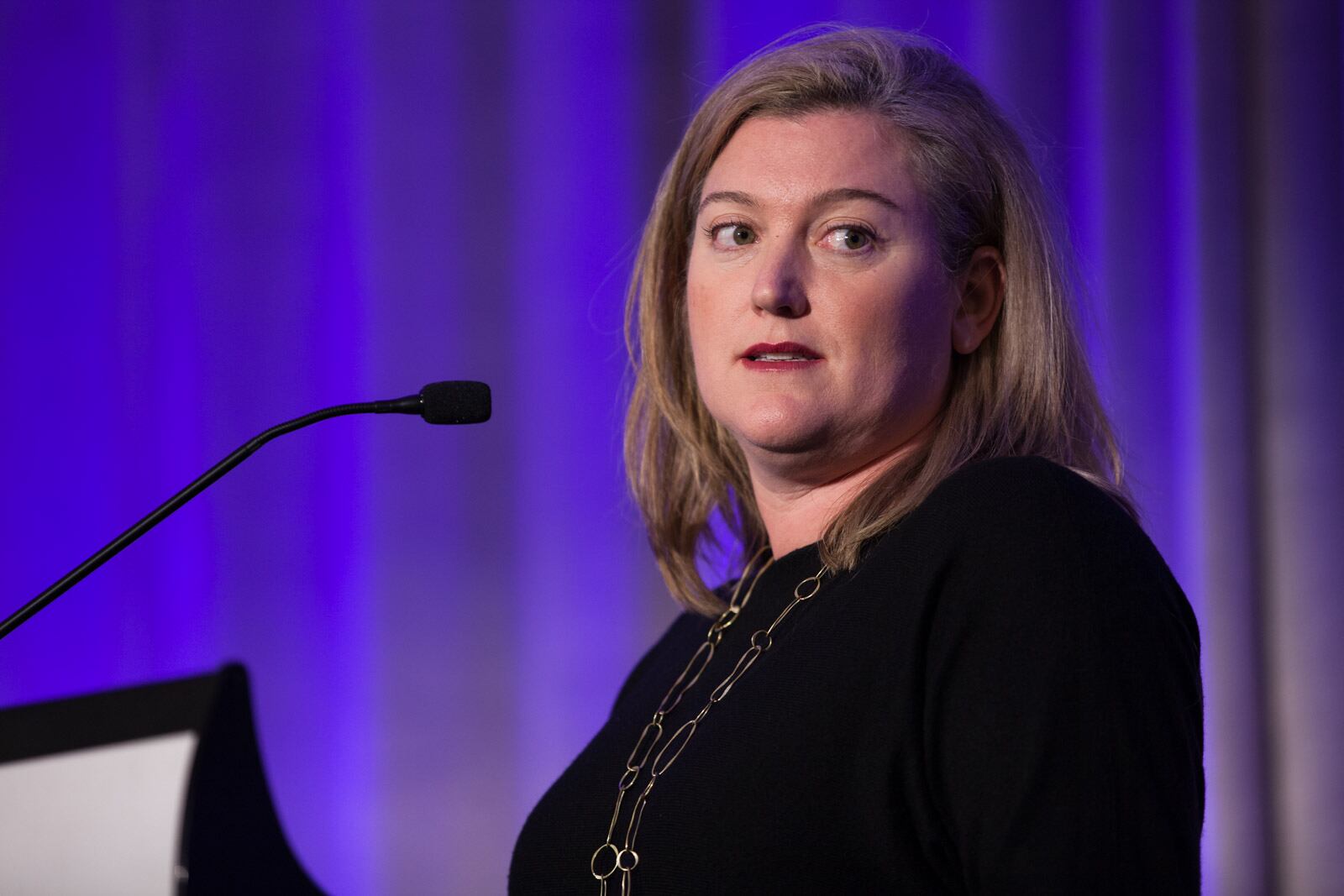
“Today, parents, young parents, especially if it’s their first child, they’re doing so much research, so we see ourselves being found from searches such as ‘the very best for my baby.' We’re ‘found’ a lot, as there really hasn’t been a big advertising push. It’s word of mouth.”
Jennifer Zeszut, CEO, Cerebelly
